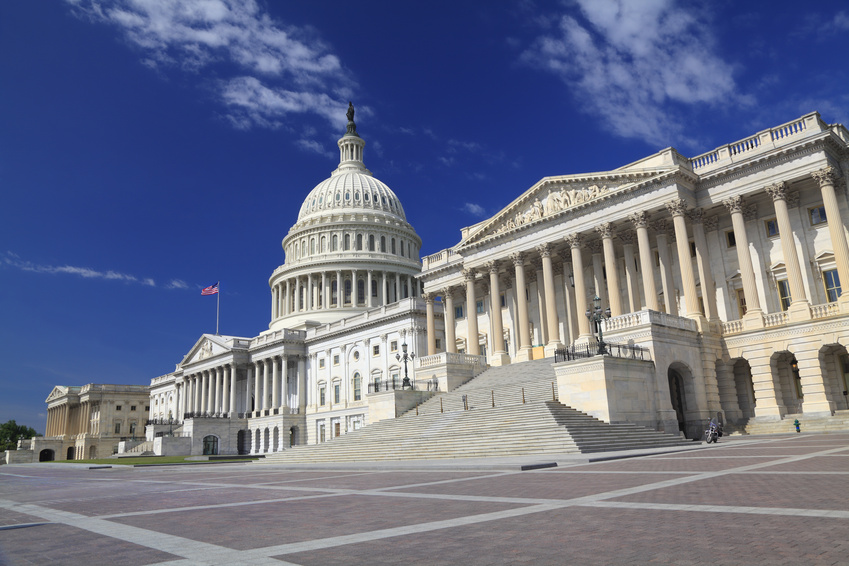US federal government agencies charged with implementing President Biden’s February 24, 2021 Executive Order 14017 (“America’s Supply Chains” or “Supply Chain EO”) continue to assess supply chain risks and vulnerabilities by issuing public requests for comment. Among other things, the Supply Chain EO directs the heads of several federal agencies to conduct a one-year review to examine supply chains for potential vulnerabilities in a number of sectors. (This is in addition to the 100-day reviews that resulted in a report issued in June with findings and policy recommendations for four critical supply chains.) The reviews will identify the material and manufacturing inputs of each supply chain, assess their vulnerability to disruption, and develop policy recommendations for ensuring their resilience. See some of our key blog posts on the Supply Chain EO for more background. Recent developments from the US Department of Commerce and the US Department of Transportation (“DOT”) highlight just some federal agencies’ efforts to implement the Supply Chain EO’s directives:
- Department of Commerce: On September 20, 2021, the Department of Commerce’s Bureau of Industry and Security (“BIS”) issued a public notice requesting comments from the public to assist the Secretary of Commerce and the Secretary of Homeland Security to prepare a report for the President evaluating risks in the ICT supply chain. For the purpose of this report, BIS has defined the scope of the ICT industrial base to include: hardware that enables terrestrial distribution; broadcast/wireless transport; satellite support; data storage such as data centers and cloud technologies; end user devices such as routers, antennae, and receivers; mobile devices; and other “critical” software (as defined by the National Institute of Standards and Technology pursuant to Executive Order 14028). The deadline to submit public comments to BIS is November 4, 2021.
- Department of Transportation: On September 16, 2021, DOT issued a public notice inviting comments pursuant to the Supply Chain EO and the President’s Supply Chain Disruptions Task Force, which is co-chaired by the Secretaries of Transportation, Agriculture, and Commerce, to address key supply chain challenges and to identify constraints in the transportation sector. Specifically, DOT seeks information identifying the following: major infrastructure or operational bottlenecks across freight and logistics supply chains; current and future shortages in essential cargo-handling equipment (e.g. chassis, shipping containers, etc.); warehouse capacity and availability; major risks within the freight and logistics sector; the effect of climate change on transportation and logistics infrastructures; technology and cybersecurity issues; sector-specific workforce and labor issues; current barriers impeding supply chain performance; domestic production of the sector’s critical assets; issues involving technology and data sharing; and other policy or regulatory suggestions. DOT’s deadline to receive public comments is October 18, 2021.
Key Takeaways
In addition to BIS and DOT, a number of other federal agencies, including the Department of Energy and the Department of Agriculture, have issued requests for comments under the Supply Chain EO. As federal agencies continue to ramp up their efforts to implement the Supply Chain EO, companies whose operations are involved in these supply chains should consider submitting comments in an attempt to ensure that their perspectives are considered as the agencies identify vulnerabilities and develop recommendations for changes to US supply chain policy. Supply chain reviews under the Supply Chain EO are highly likely to bring about policy and regulatory changes related to compliance standards directly bearing on trade, environmental, human rights, and labor practices, among others.





